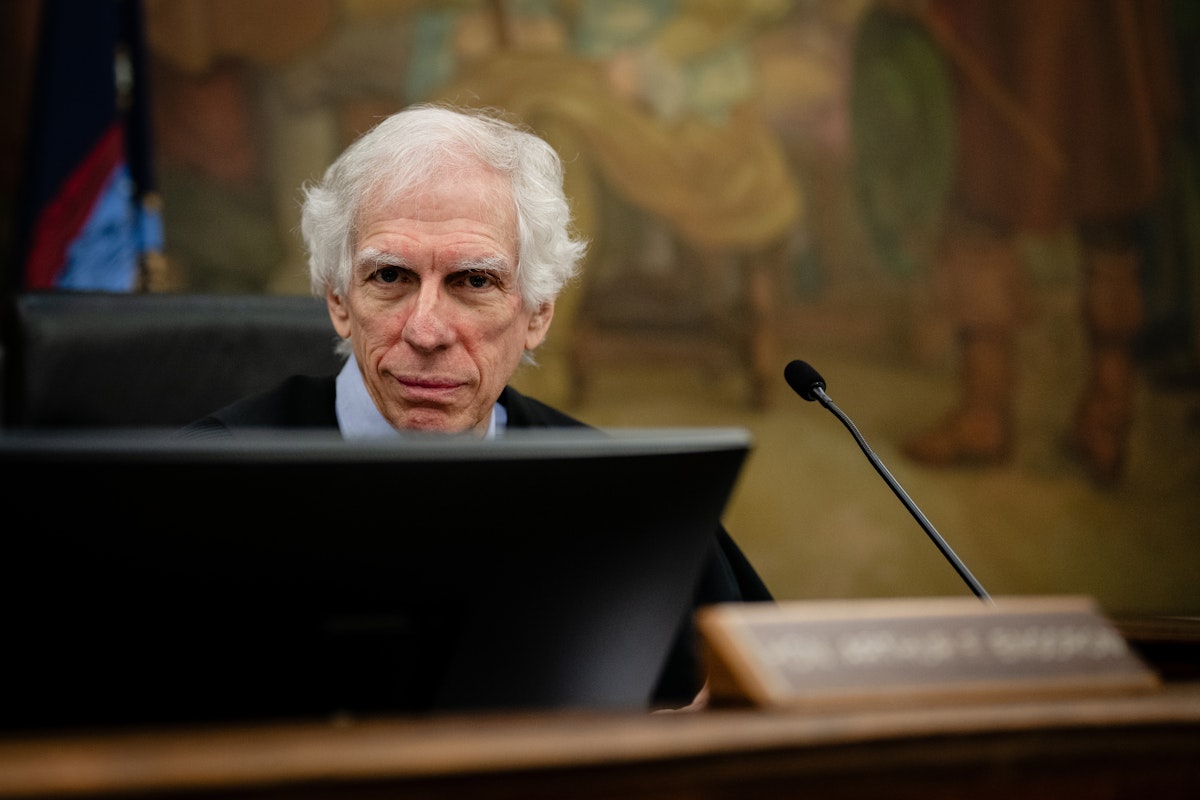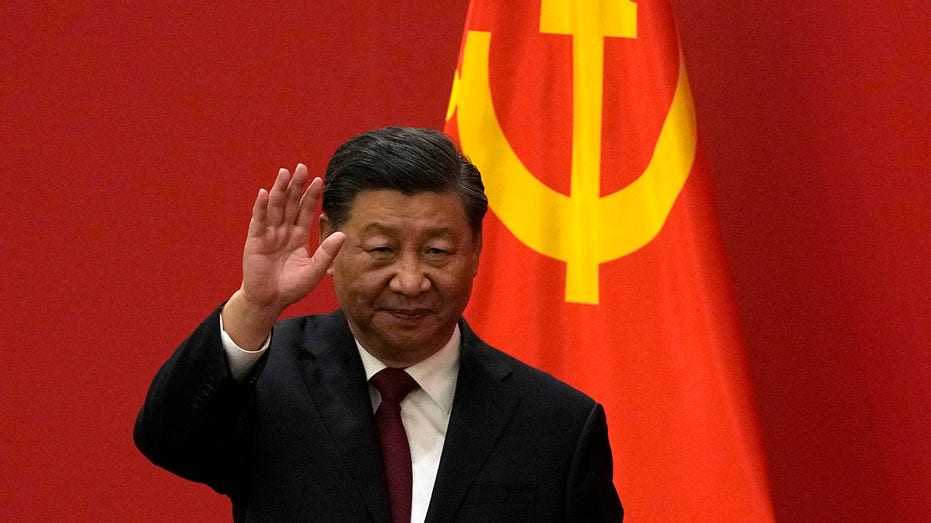Bizarre New Wrinkle in Trump’s Fraud Case Could Hand Him a Big Win
A bit of alleged unsolicited advice may have compromised the judge in Donald Trump’s $454 million New York bank fraud trial.New York’s judicial oversight body has opened an investigation into a conversation between Judge Arthur Engoron and real estate attorney Adam Leitman Bailey that allegedly occurred in the weeks leading up to the seismic judgment against Trump.“I actually had the ability to speak to him three weeks ago,” Bailey told NBC New York on February 16, the day that Engoron’s decision was due. “I saw him in the corner [at the courthouse] and I told my client, ‘I need to go.’ And I walked over and we started talking.… I wanted him to know what I think and why.… I really want him to get it right.”Bailey also said that Engoron had had a lot of questions about prior fraud cases and that they “went over it.” Ultimately, however, Engoron’s ruling went in a direction that Bailey did not advise: utilizing the statute to effectively shut down Trump’s New York real estate operation, which Bailey believed would hurt the local economy.A spokesperson for Engoron denied in a statement that the unaffiliated attorney’s comments held any weight with the judge as he made his decision.“No ex parte conversation concerning this matter occurred between Justice Engoron and Mr. Bailey or any other person. The decision Justice Engoron issued February 16 was his alone, was deeply considered, and was wholly uninfluenced by this individual,” Al Baker, a spokesman for the New York State’s Office of Court Administration, told NBC in a written statement.The New York state rules of conduct specify that a “a judge shall not initiate, permit, or consider ex parte communications, or consider other communications made to the judge outside the presence of the parties or their lawyers,” though there is wiggle room for a judge to “obtain the advice of a disinterested expert” if the judge gives advance notice to both parties in the case with the possibility of issuing their own responses.A member of the Trump defense team, Christopher Kise, claimed that the conversation could cast doubt on Engoron’s entire process. “The code doesn’t provide an exception for ‘Well, this was a small conversation’ or ‘Well, it didn’t really impact me’ or ‘Well, this wasn’t something that I, the judge, found significant,’” Kise told NBC. “No. The code is very clear.”

A bit of alleged unsolicited advice may have compromised the judge in Donald Trump’s $454 million New York bank fraud trial.
New York’s judicial oversight body has opened an investigation into a conversation between Judge Arthur Engoron and real estate attorney Adam Leitman Bailey that allegedly occurred in the weeks leading up to the seismic judgment against Trump.
“I actually had the ability to speak to him three weeks ago,” Bailey told NBC New York on February 16, the day that Engoron’s decision was due. “I saw him in the corner [at the courthouse] and I told my client, ‘I need to go.’ And I walked over and we started talking.… I wanted him to know what I think and why.… I really want him to get it right.”
Bailey also said that Engoron had had a lot of questions about prior fraud cases and that they “went over it.” Ultimately, however, Engoron’s ruling went in a direction that Bailey did not advise: utilizing the statute to effectively shut down Trump’s New York real estate operation, which Bailey believed would hurt the local economy.
A spokesperson for Engoron denied in a statement that the unaffiliated attorney’s comments held any weight with the judge as he made his decision.
“No ex parte conversation concerning this matter occurred between Justice Engoron and Mr. Bailey or any other person. The decision Justice Engoron issued February 16 was his alone, was deeply considered, and was wholly uninfluenced by this individual,” Al Baker, a spokesman for the New York State’s Office of Court Administration, told NBC in a written statement.
The New York state rules of conduct specify that a “a judge shall not initiate, permit, or consider ex parte communications, or consider other communications made to the judge outside the presence of the parties or their lawyers,” though there is wiggle room for a judge to “obtain the advice of a disinterested expert” if the judge gives advance notice to both parties in the case with the possibility of issuing their own responses.
A member of the Trump defense team, Christopher Kise, claimed that the conversation could cast doubt on Engoron’s entire process.
“The code doesn’t provide an exception for ‘Well, this was a small conversation’ or ‘Well, it didn’t really impact me’ or ‘Well, this wasn’t something that I, the judge, found significant,’” Kise told NBC. “No. The code is very clear.”



